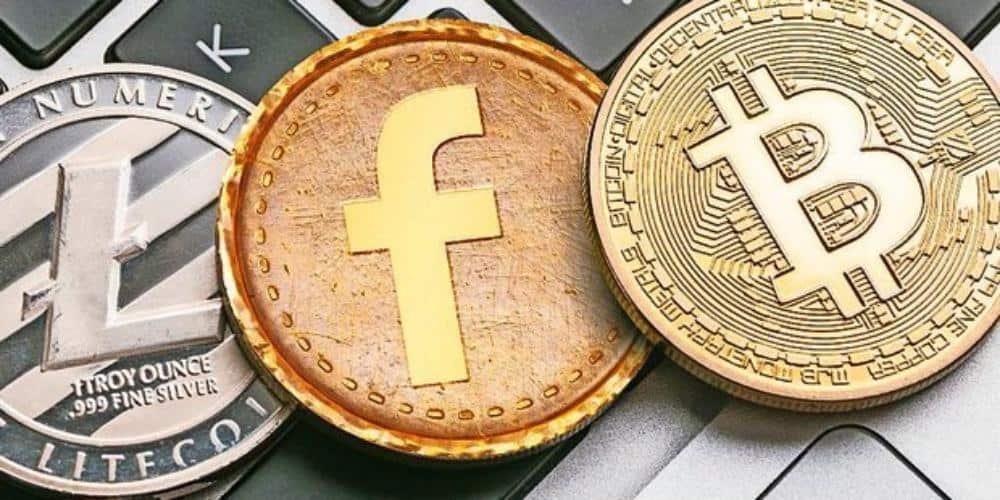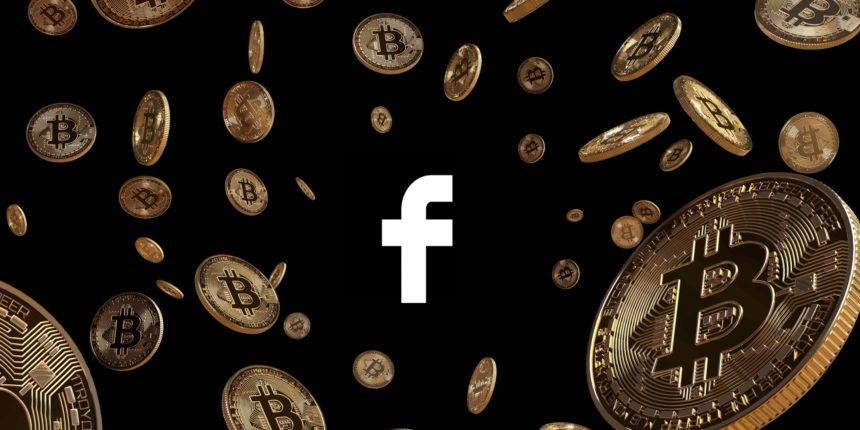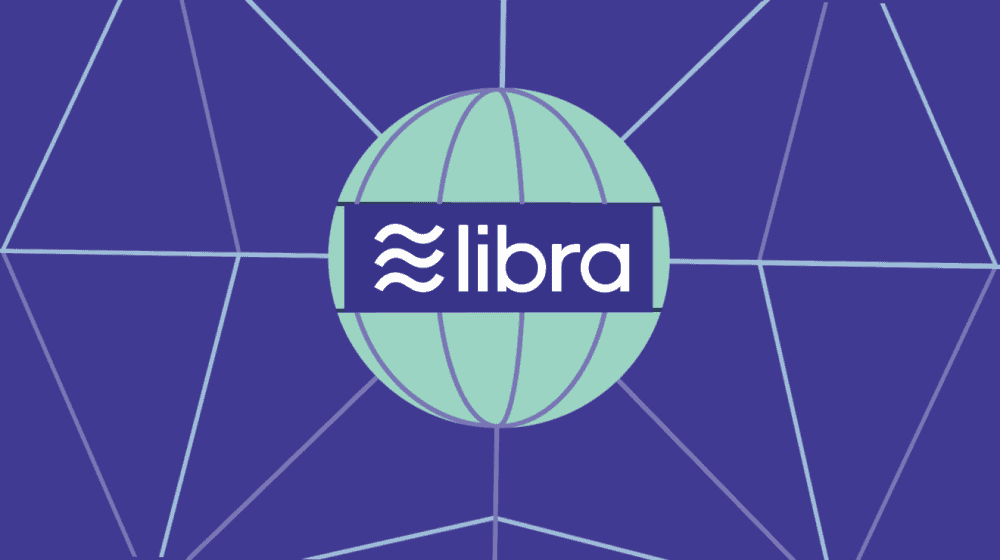Facebook Libra: On June 18, Facebook officially launched the Libra project, which aims to exploit the technologies blockchain to create a new fixed digital currency that will support several big companies.
Facebook says its purpose is to enable access to affordable digital payments for billions of people, including people who do not have bank accounts.
It seeks to make sending payments as easy as sending a message to all digital platforms for 2,7 billion users of the service world-wide.

The vision of the digital coin Libra is very daring and ambitious. However, Facebook's decision to release the Libra as crypocurrency, and not just a new payment system, creates a series of complex challenges.
Below are three critical questions that Facebook needs to answer before creating the Facebook Libra:

How will you add governments and regulators to the board?
A cryptocurrency used by 2,7 billion people across the globe would be a threat to national sovereignty and could disrupt countries' ability to earn money.
Η Κίνα, η Ινδονησία και το Πακιστάν έχουν ήδη απαγορεύσει το Bitcoin and other cryptocurrencies for the above reasons.
The USA, the France and Russia have all expressed their concerns about the threat that the new Libra digital currency will represent.
In addition, the nature of Libra supported by cash money means that it should work with regulators either directly or indirectly (through the financial institutions licensed by the regulator), so support from regulators is very important.
The lack of regulatory support could significantly reduce them possibilities of Libra or make the digital currency illegal.
How do you gain consumer confidence in data privacy?
Although the same lockchain is characterized by anonymity, the digital platforms that consumers will use to make any transactions are our well-known WhatsApp, Instagram and Facebook.
Her scandal Cambridge Analytica showed that we can not trust Facebook - and there are many who have not yet forgotten this breach of trust.
The new Libra digital currency should strengthen its data protection mechanisms, but it is almost unlikely to mitigate the deep concerns of consumers thinking. Has Facebook been able to govern such a system?
Meanwhile, excessive privacy will increase regulatory concerns in money laundering and tax evasion.

Is Facebook a bank or social network?
It's no surprise that the Libra consensus algorithm uses Byzantine Fault Tolerance or simply BFT, which uses decentralization for scale and efficiency.
The use of BFT requires several validations in the encryption chain from sources that have the power to decide and approve each transaction.
This voting power is determined by the financial contribution to the blockchain which means that larger or richer companies may have more rights to the network.
The vision of financial integration of the Libra digital coin can be exciting.
But let's be honest: with this initiative, Facebook is basically trying to overcome the data it receives from the social network and get it in the hands of the consumer's economic data.
Of course, the strongest in this chain (so those who will move the threads) will be Facebook and the largest members of the Libra project company.
Just a few weeks ago, all the media reported one dissolution proposal Facebook and reduce its influence.
Given this background, the launch of the Libra project appears to be both untimely and insidious.
Launching a traditional payment system to better compete with Alipay and WeChat Pay would not such hostility by governments and would probably have more chances of success.
Written by analyst Meng Liu, vice president and research director at Benjamin Ensor and Frederic Giron. The authentic publication is here.





